ABB 70BK03B-ES
Module Type:Bus Coupling
Brand:ABB
Model:70BK03B-ES
Series:hesg 447271 R2
Weight:0.44 kg
Dimensions:15.2 cm x 2.5 cm x 20.3 cm
Operating Voltage:Not specified
Certification:Not specified
Integrating the ABB 70BK03B-ES Bus Coupling Module into your industrial automation system significantly enhances communication capabilities between different devices. This module ensures data exchange is both efficient and reliable, contributing to overall system performance and productivity.
Crafted with precision and durability, the ABB 70BK03B-ES is designed to withstand the rigors of industrial settings. Its compact yet robust construction allows for seamless integration without compromising functionality or longevity.
With its compatibility with various industry-standard communication protocols, this module facilitates easy setup and integration across different systems, ensuring a seamless workflow and minimizing downtime.
The ABB 70BK03B-ES is equipped with high-quality connectors that are compatible with bus networks, making it simple to install and maintain. This ensures quick and efficient connectivity, saving you time and resources.
Safety is paramount in industrial operations, which is why the ABB 70BK03B-ES has been rigorously tested and certified for use in safety-critical applications. It adheres to the highest standards of reliability, providing peace of mind and ensuring your operations run smoothly and safely.

Main Brand:
ABB Allen-Bradley Alstom Bently Emerson Foxboro
GE MOOG Schneider Woodward HIMA Honeywell
Annual hot selling advantage products:
ABB HIEE300690R0001 ABB HIEE300766R0001 ABB HIEE401091R0002
ABB HIEE451116R0001 ABB HIEE450964R0001 ABB HIEE300900R0001
First hand source, affordable price. Spot inventory!
•Shipping Port: Xiamen
•Ship to you via Fedex/DHL/TNT/UPS/EMS
•Package: Original packing with cartons

Our Main Brand
ABB, GE, Allen Bradley, Honeywell, Emerson, Bently Nevada, Prosoft, Siemens, Westinghouse, Triconex, Foxboro, ICS Triplex, Hima, Schneider, Yokogawa, Woodward, B&R, KEBA, etc
Rockwell: Allen-Bradley
1) ControlLogix 1756 series controller
2) CompactLogix 1769 series controller
3) SLC 500 1747 1746 Series Controller
4) PLC-5 1771 1785 series controller5)
5)ProSoft :MVI69/PS69/MVI56/MVI94/MVI71/MVI46/31506)
6)ICS TRIPLEX trusted system
ABB:
1) AC800M series controller I/O module
2) AC800F series controller module
3) AC31 series controller module
4) 800xA series modules
5) Bailey INFI 90 module
6) DSQC robot module spare parts
7) Advant OCS system spare parts
8) H&B Freelance
Bentley Nevada :
1) Bently 3500 Monitoring system
2) Bently 3300 Monitoring system
Schneider:
Quantum 140 series :Modicon M340
Modicon Premium :CPU Processor Module,Communication module,etc
Emerson:
1) Ovation System DCS Card
2) DeltaV system Dual Channel Redundancy Safety System, Redundancy Controller
General Electric:
1) IS200/DS200 series Excitation system card
2)IC693/IC695/IC697/IC698/IC200/IC660/IC670 CPU module,Communication module, Analog Digital module
What is a DCS?
A Distributed Control System (DCS) is a sophisticated, computer-based control system designed to automate, monitor, and manage complex industrial processes. It is widely used in large-scale industrial facilities such as refineries, power plants, chemical plants, and paper mills, where precision, reliability, and scalability are critical.
How Does a DCS Work?
A DCS is composed of several interconnected components that work seamlessly to ensure efficient process control. Here’s a breakdown of its key elements:
- Controllers:
These are the “brains” of the system. Controllers receive data from sensors, process it using pre-programmed logic, and send output signals to actuators to maintain optimal process conditions. - Sensors:
Sensors act as the “eyes and ears” of the system, measuring critical physical parameters such as temperature, pressure, flow rate, and level. This real-time data is essential for accurate control. - Actuators:
Actuators are the “muscles” of the system. They execute physical actions based on controller commands, such as opening/closing valves, starting/stopping motors, or adjusting dampers. - Operator Stations:
These serve as the human-machine interface (HMI), allowing operators to monitor the process, adjust setpoints, and troubleshoot issues. Modern DCS systems often feature intuitive graphical interfaces for ease of use. - Communication Network:
The backbone of the DCS, this network connects all components, enabling seamless data exchange and coordination. It ensures that every part of the system works in harmony, even across large industrial sites.
Why is a DCS Important?
- Centralized Control with Distributed Execution: A DCS allows for centralized monitoring while distributing control functions across multiple controllers, reducing the risk of system-wide failures.
- Scalability: It can easily expand to accommodate growing operational needs.
- Reliability: Redundant systems and fail-safes ensure continuous operation, even in critical environments.
- Efficiency: Optimizes processes, reduces waste, and improves overall productivity.

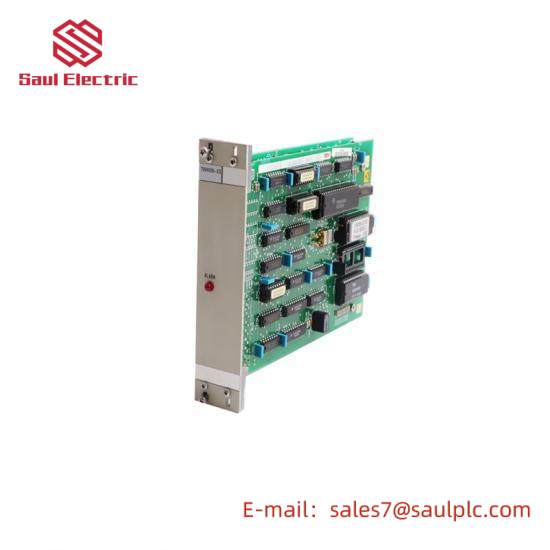


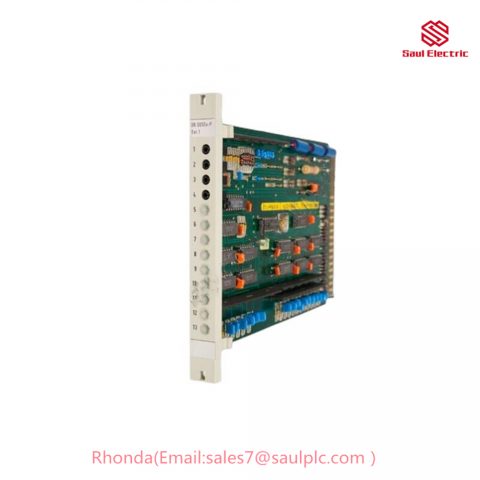
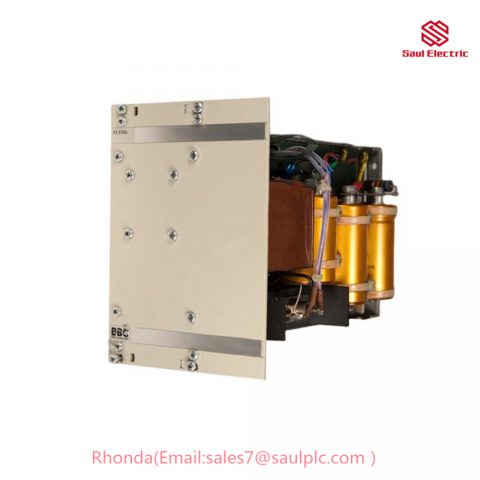
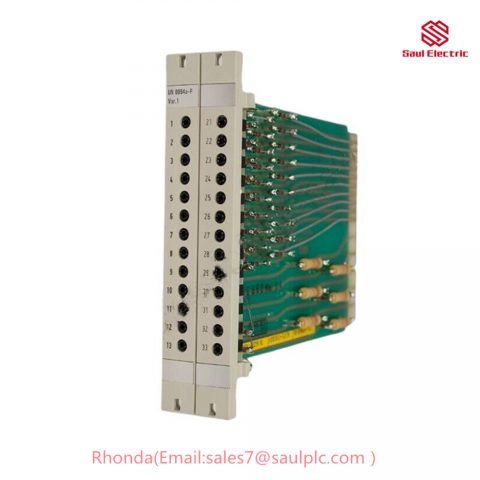
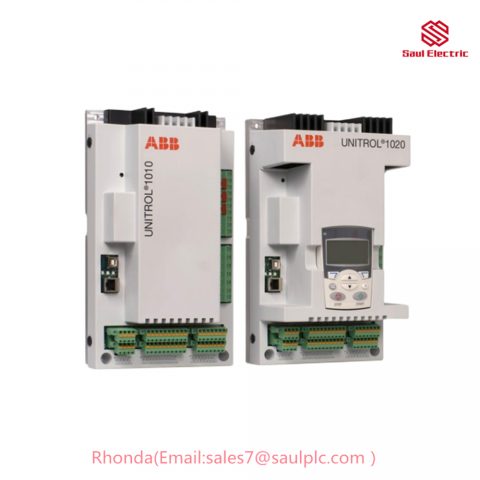
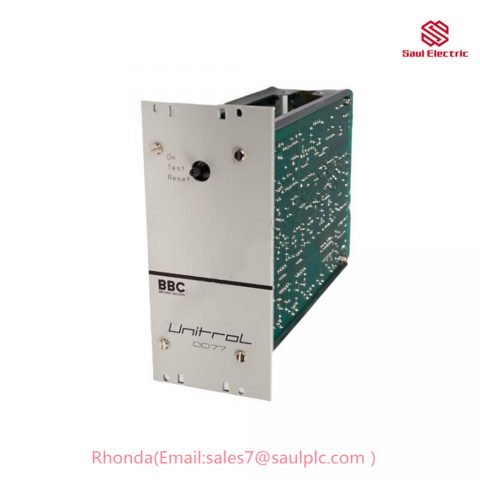
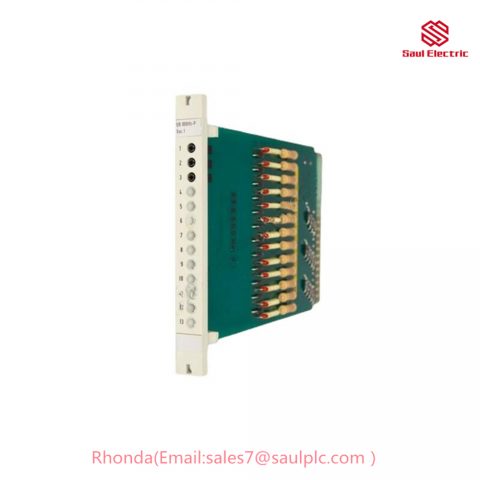
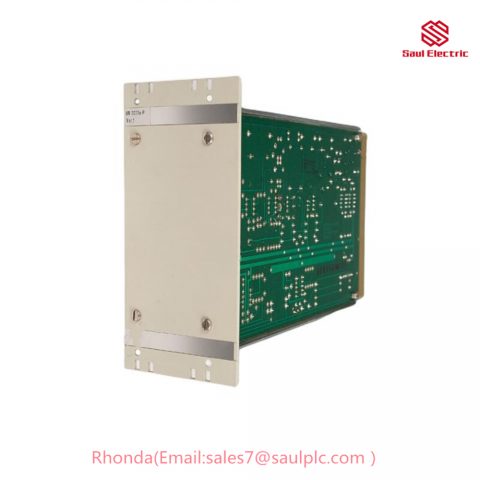
There are no reviews yet.